Why Robot IP Ratings are Important
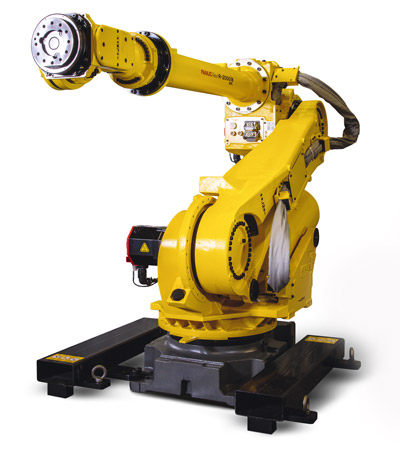
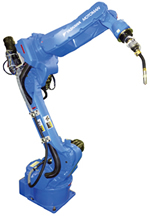
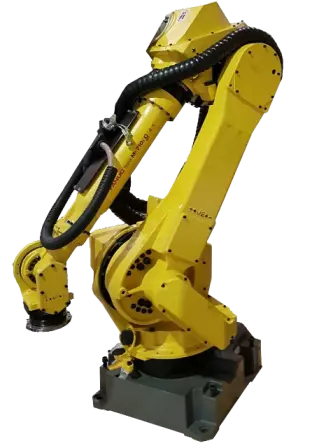
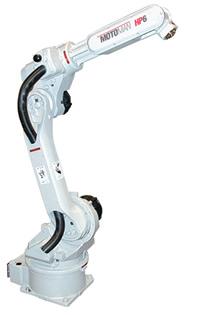
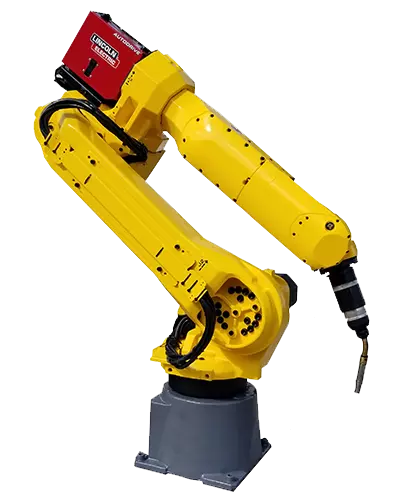
During your industrial robot search, chances are that you have come across the term IP rating. IP ratings are typically assigned to devices or equipment with electrical components in order to classify either the parts of the device or the entire piece of equipment as how well it will be able to withstand certain environmental factors. These include dust, water, and high humidity. Since the ABB 4600-20 and other robotic manipulators contain electrical components they are assigned IP ratings.
Meaning Behind IP Ratings
IP stands for Ingress Protection and is a standard defined by the IEC (International Electrotechnical Commission) standard 60529. Each IP rating contains two numbers. The first number refers to a articulated robot's resistance to the ingress of solid materials. The solid ingress protection rating ranges from 0 indicating no protection to 6 which indicates complete protection from solid intrusion such as dust. The second number of an IP rating indicates the water ingress protection of a industrial robot arm. It also starts at 0 which means there is no water protection and goes up to 8 which means the robot is fully water proof. The higher the IP rating, the greater the protection level for the factory robot against damaging elements like grease, liquids, and dust. Most manufacturing robot arms feature an IP rating of at least 54 since they are mainly used in manufacturing and harsh elements are fairly common in manufacturing environments.Importance of IP Ratings for Robots
Robot IP ratings are important to consider when selecting an industrial robot because they indicate whether or not a robot manipulator is suitable for the work environment of your application. Selecting a robot with a lower IP rating when your automating a foundry process could result in mechanical damage to the six axis robot causing downtime and an unsuccessful automation attempt. When automating a process in a harsh work environment such as a foundry, a industrial robotic arm with at least a IP67 rating is needed. The FANUC R-2000ib/165F Foundry would be a good option as its IP67 rating means it is dust tight and can withstand immersion in water for short periods of time.It is also important to understand that each section of a robot may have a different IP rating. In these cases the robot arm and wrist usually have the higher IP rating while the robot body IP rating is slightly lower. The FANUC M-710ic/50 is a robot with an IP67 arm. For applications in which only the robot arm and wrist are exposed to harmful elements this will work, but if the entire robot is exposed then you need to ensure all parts of the robot feature an IP rating that will provide adequate protection. You also need to consider the amount of exposure to certain elements. If your application involves limited dust and water exposure then a lower IP rating such as 54 should suffice. However, the greater the exposure the higher the rating needed.
IP ratings are not only used in robotics to determine the robot’s protection level, but they may also be used to indicate the robot level of contamination. Work environments with stringent cleanliness standards will often use higher IP rated robots as these robots are sealed to prevent the intrusion of solids and liquids. This in turn means they will not emit particles themselves that could contaminate the work environment.
Robots Done Right is the place to start when it comes to used robots. Contact us if you are interested in buying or selling a used robot.